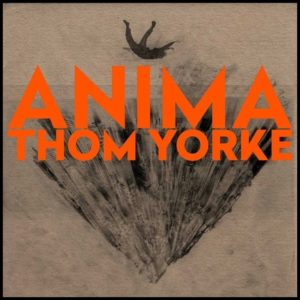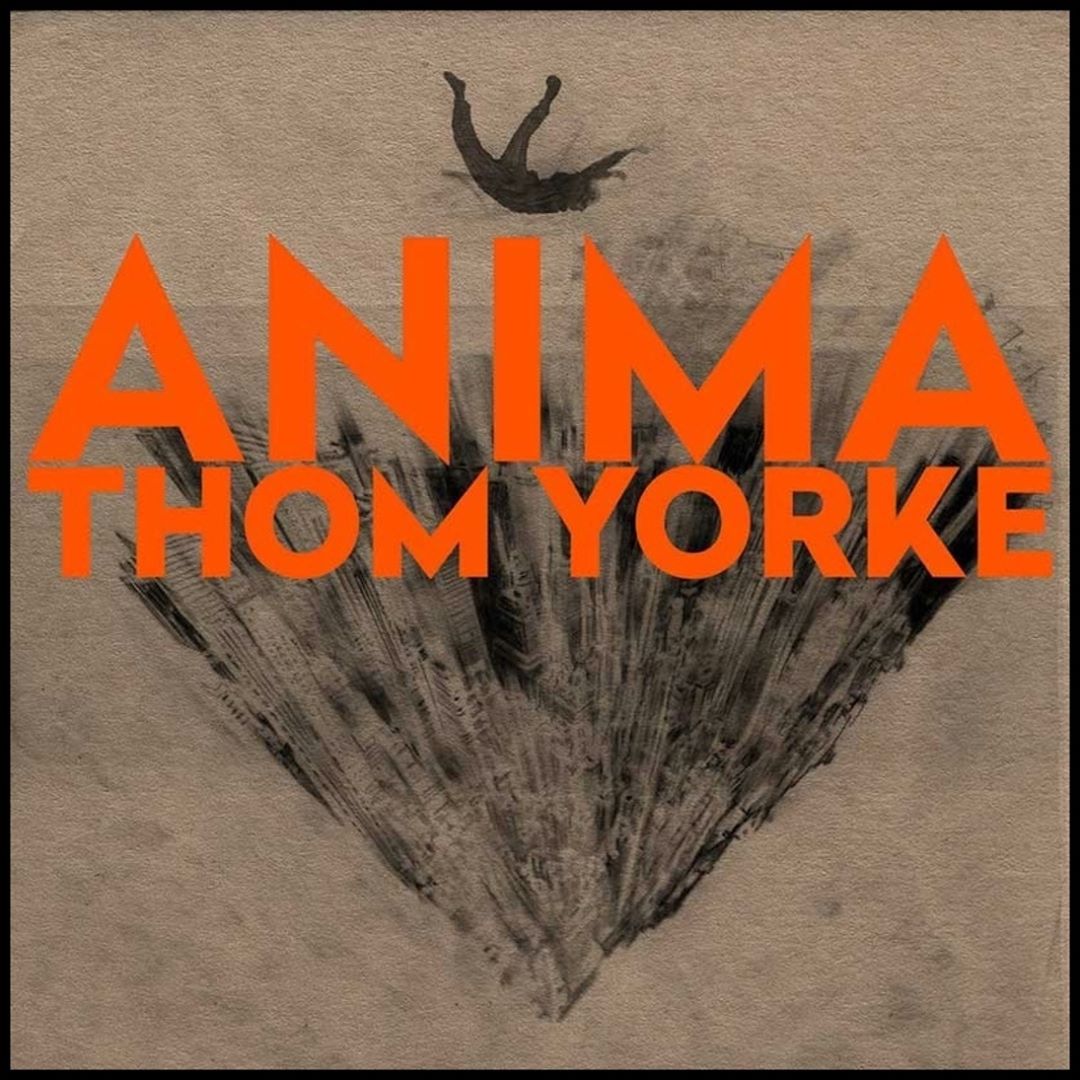Thom Yorke
Anima
XL
8/10
Thom Yorke’s solo work has always existed—uncomfortably—in the shadow of Radiohead. It’s agreeable enough for the band’s completists, swimming in the same apocalyptic paranoia and skittering electronica of their post–OK Computer output. But Yorke has struggled mightily to create a voice that stands apart, a body of work which holds up on its own rather than smelling like warmed-over leftovers from his day job.
Yorke’s new solo effort, Anima, takes major strides toward bridging that gap. The album is inspired by the theories of Carl Jung as they relate to sleep and unconsciousness—as is the trippy, visually enthralling companion short film of the same name, directed by Paul Thomas Anderson and released on Netflix last week. It’s dark and cerebral and endlessly Yorkian. There are moments veering close to self-parody (“Goddamn machinery, why don’t you speak to me?” he spits on “The Axe,” “One day I am gonna take an axe to you”), extending his trademark wariness of technology until it’s nearly indistinguishable from the frothing Get off my lawn-isms of Jack White disavowing cell phones. Mostly, though, Yorke keeps the dread a little less specific, which makes the whole thing significantly more ominous.
But while the record’s tone is pervasively grim “(Last I Heard (…He Was Circling the Drain)” has a spiraling hopelessness that recalls the bleakest stretches of Amnesiac or Hail to the Thief), it actually seems like Yorke is having plenty of fun here. “I Am a Very Rude Person” floats with a certain knowing playfulness. The lurching, claustrophobic “Not the News” has winking flashes of self-awareness: “Cue sliding violins in sympathy,” he says.
The album’s clear highlight is “Dawn Chorus.” There’s an irony underlying this; Anima goes to great lengths to differentiate itself from Radiohead’s oeuvre, but its central moment is a song Radiohead has been tinkering with for the better part of a decade. It’s also the finale of Anderson’s short film, aching with the uncertainty and fragility that underlies the best kind of Radiohead moments: “If you could do it all again,” Yorke posits over and over, a phrase ambiguous in its precise meaning, but vibrant in its emotional clarity. It’s a reminder that while Yorke may be aging, he’s no less effective at articulating solitude and fear. This is the sort of thing Anima offers generously: songs bold and confident in their austerity, but also assured and dense, haunting and haunted in equal measure.







